MOVIE NEWS – The Elden Ring has received a largely positive reception from players, but is there more to it than that? Should it be adapted for the big screen or TV?
After many, many years, Elden Ring is now available to the general public. Fans of Dark Souls and Souls-like games should rejoice, as in the short time since FromSoftware’s latest genre entry was released, it has been showered with praise from critics and fans alike, and some have even hailed it as the developers’ best game yet. Whether that’s true is open to debate, but one thing is undeniable: Elden Ring is hugely popular with long-time fans of FromSoftware’s previous games.
With colossal popularity comes, of course, the desire to get more – something FromSoftware is keen to do. However, unlike the Dark Souls trilogy, Bloodbourne and Sekiro: Shadows Die Twice, all written and directed by Hidetaka Miyazaki…
…Elden Ring is unique in that it is the brainchild of George R.R. Martin, who, alongside Miyazaki, made his name with Game of Thrones and A Song of Ice and Fire.
As such, the influence of both writers can be felt everywhere in the game, from Miyazaki’s tangled world and intriguing characters to George R. R. Martin’s dialogue and the inter-relationships between all the characters. Because of this, the story of Elden Ring is much more accessible to players than any of Miyazaki’s previous works, as it requires no effort on the player’s part to discover for themselves what the game’s story really is. The more accessible story makes Elden Ring much riper for adaptation than any of Miyazaki’s previous games, with the possible exception of Sekiro: Shadow’s Die Twice.
Story unfolding through dialogue
Nowhere is the influence of two acclaimed authors with a unique style more evident in Elden Ring than in the dialogue. In all of Miyazaki’s previous works, his characters were very soft-spoken and generally said no more than they had to. This was to add a bit of mystery to his games and give the player some incentive to find out for themselves what was really going on.
In Elden Ring, on the other hand, the characters speak – and in a very wordy way – under the influence of George R. R. Martin. Each character you meet in the game has their own backstory, which they are only too happy to share when asked. They all have some connection to at least one other character in the game, and they all have a vested interest in seeing the player’s character succeed, which means trying to help in any way they can. This is evident from the opening of the game, which is similar to Miyazaki’s Dark Souls, narrated by an older woman who speaks as if the story she is telling is a legend…
…the opening of Elden Ring is instead orchestrated to operatic fanfare and could even be narrated by Brian Blessed (as in Kingdom Come: Deliverance) while explaining the history of the setting and introducing all the significant characters.
All of this dialogue and the way it is presented should ensure that the player always has a clear understanding of what they are doing and what their purpose is. Unlike in Dark Souls, which initially gives the player a very vague goal that doesn’t help in any concrete way, in Elden Ring, the player knows exactly what is happening, what the plan is, and what is at stake from the very first moment. That’s not to say there aren’t mysteries to be solved, of course, because in Miyazaki fashion, there are still many unanswered questions, especially about the story of the game’s main antagonists, but at no point is the player’s goal left vague, and no character will ever tell the player otherwise. As long as there is a clear goal to follow, that is what will keep the audience engaged, regardless of how the story is adapted.
Breaking down the formal framework
George R. R. Martin’s dialogue is not the only point where Elden Ring breaks with the form of Hidetaka Miyazaki’s previous games. To begin with, the setting of Elden Ring, The Lands Between, is an open world, meaning that the player is free to explore it as they wish, and even given a horse to travel vast distances. However, the setting of The Lands Between and the game’s main antagonists who live there each have a clearly defined history, which, while obscure due to Miyazaki’s influence, can actually be explored in detail if the player wants to seek it out. So there is much more to all these characters and the environment itself than first meets the eye. Again, this is in contrast to Miyazaki’s previous works, such as Dark Souls, where even if the player discovers the full story of the setting, there are still many unanswered questions.
With such an expansive world and rich history, anyone attempting to adapt Elden Ring to another format would have a tough time with everything that comes their way. The only thing that is really missing is the player character’s story, which is deliberately vague since Elden Ring is an RPG and the player himself is a nobody with no real connection to the world of The Lands Between. This is no accident, of course, as it allows the player to be whoever they want to be.
Pros and cons
So, what are the arguments for a possible adaptation? A well-developed world, great characters and well-written dialogue. With Martin’s continued involvement, it could be guaranteed that the world of The Lands Between, as it is brought to life on screen, could be as fascinating to audiences as Westeros was in Game of Thrones.
However, what is missing is a story that can be adapted: because there is no point in having an attractive, well-developed world if there is no one to root for; there is no one to root for. The world of Elden Ring is more like a sandbox built to entertain players. This is not at all a bad thing for an RPG; however, it does not carry a single, well-adaptable story. Before you say, “okay, but that’s part of every role-playing game,”…
… it’s worth recalling Knights of the Old Republic, for example, which managed to combine (more or less) complete freedom of choice and character development with a memorable, adaptable story that screamed for the screen.
Although the Elden Ring universe is not comparable to Star Wars, that doesn’t mean it can’t be adapted: it would just require a lot more work to develop a concept and story that would sell to audiences. And given the insane amount of new films and (especially) series being made at the moment, it is questionable whether a film/TV adaptation of Elden Ring, which is still a stratum piece basically regardless of its popularity, would be worth it the money and effort invested.
Source: IGN, Rock Paper Shotgun

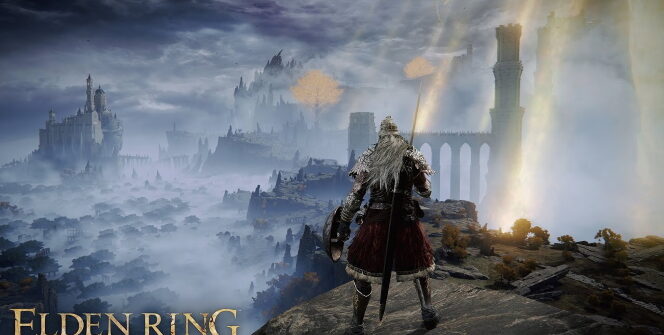
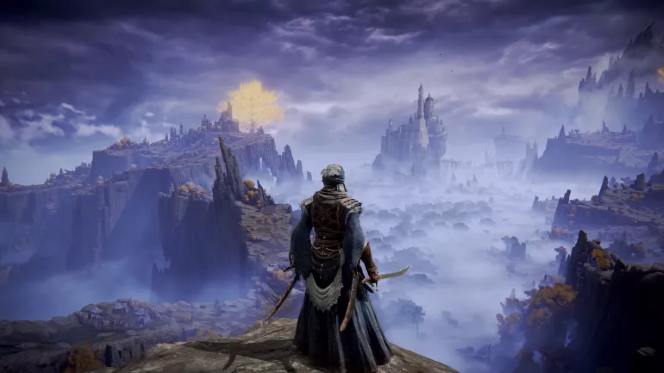
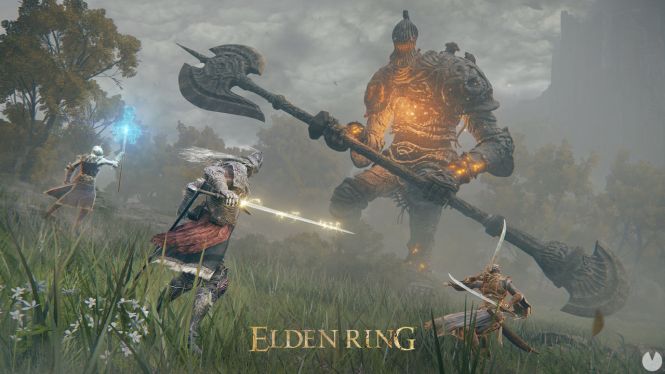
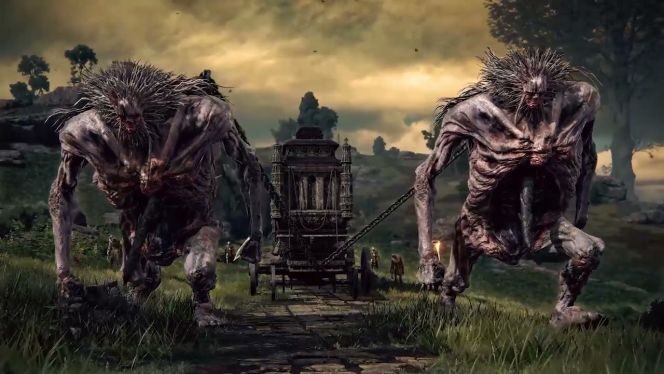
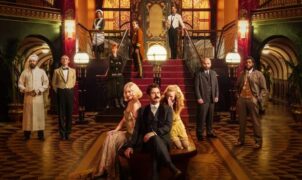



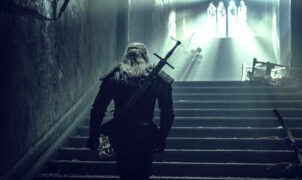
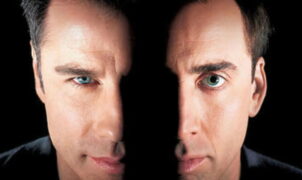
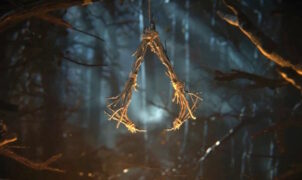
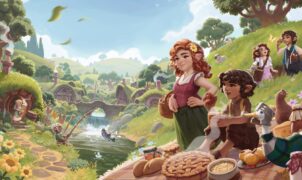
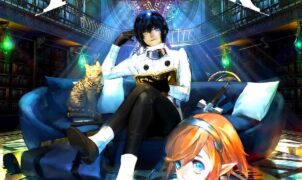

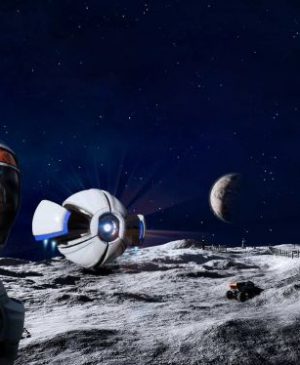

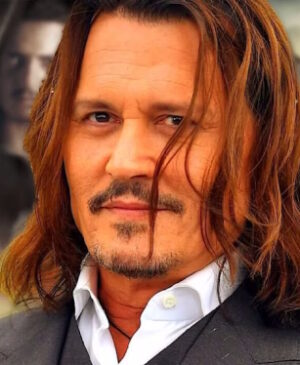
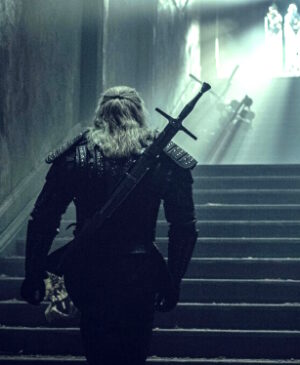
Leave a Reply